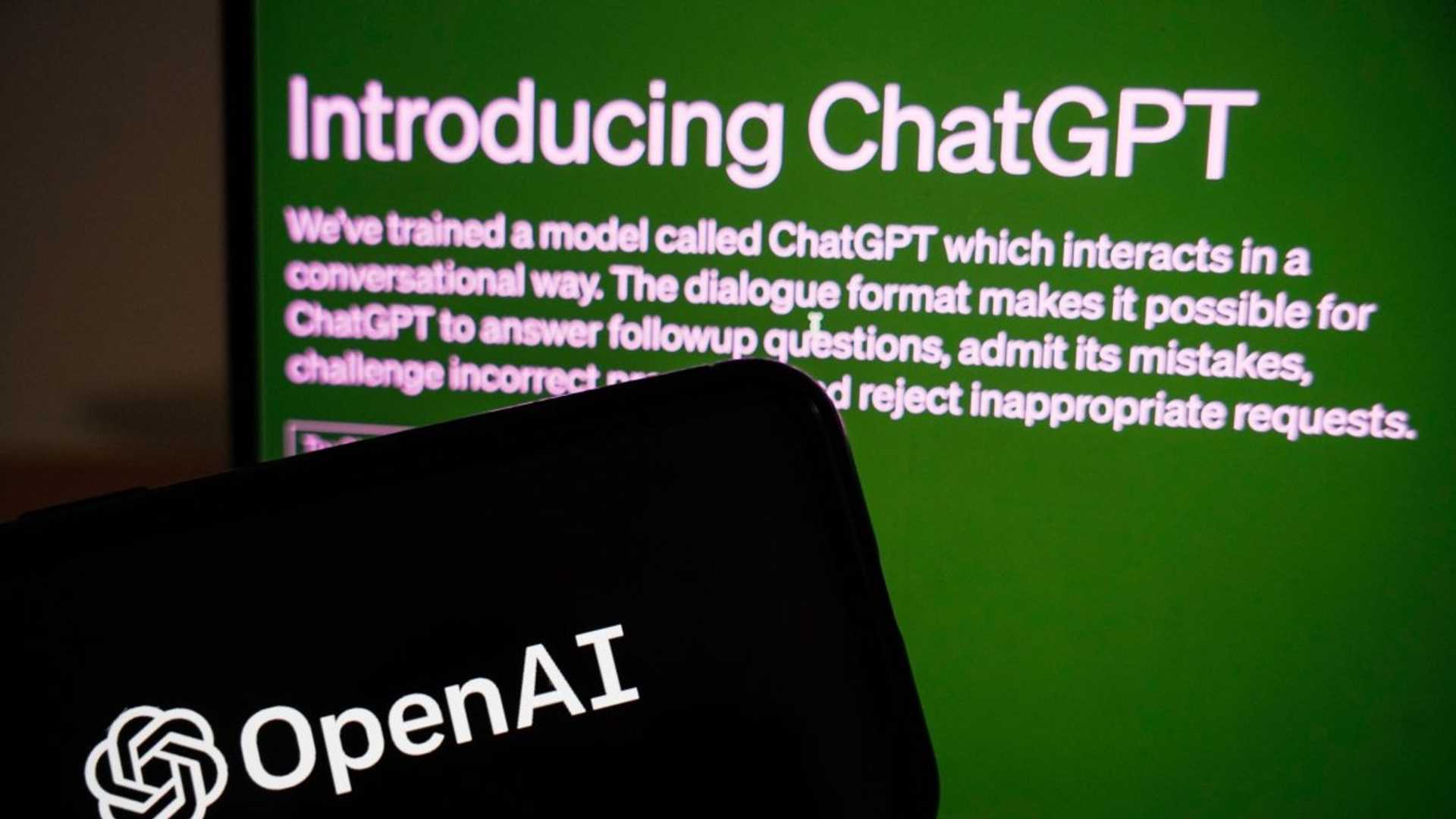Canadian media outlets' lawsuit demands OpenAI stop stealing ...
Several major news outlets in Canada, including the Canadian Broadcasting Corporation, Toronto Star, Canadian Press, and Globe and Mail, have come together to sue OpenAI, the California-based maker of ChatGPT. The lawsuit, which was filed in Ontario Superior Court, alleges that OpenAI has been using their content without permission to enhance its software.
The media agencies are seeking punitive damages of up to $20,000 per article used, potentially totaling billions of dollars. They are also requesting the court to prohibit OpenAI from using their content in the future, marking a significant legal action in Canada.
Accusations and Statements
The news outlets have emphasized that the use of their intellectual property must be on fair terms. According to court documents, the coalition accuses OpenAI of disregarding copyright disclaimers while accessing their content for training ChatGPT.

In a statement, the coalition expressed their stance, "OpenAI regularly breaches copyright and online terms of use by scraping large swaths of content from Canadian media to help develop its products, such as ChatGPT. OpenAI is capitalizing and profiting from the use of this content without permission or compensation to content owners."
OpenAI's Response
OpenAI has refuted the allegations, stating that they comply with laws and work closely with news publishers. They claim to provide display, attribution, and links to the content in ChatGPT search and offer opt-out options for publishers who prefer not to participate.
A company spokesperson defended OpenAI's position, stating, "Our models are trained on publicly available data, grounded in fair use and related international copyright principles that are fair for creators and support innovation."

Despite the ongoing legal dispute, Neil Oliver, the chief executive of Torstar Corporation, emphasized the need for fair treatment of intellectual property, stating, "We will not stand by while tech companies steal our content."
Conclusion
It is evident that the lawsuit between Canadian media outlets and OpenAI raises important questions regarding intellectual property rights and fair use in the digital age.










